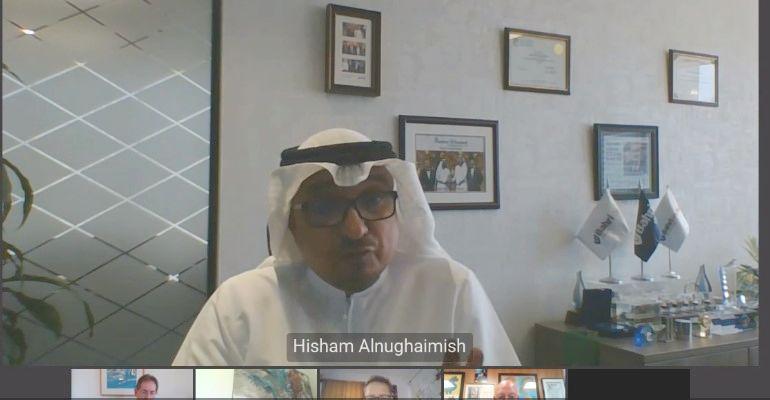The decline in orderbook across the broad tanker shipping segments are mainly due to uncertainties over future oil demand, tanker earnings, and requirements of engine designs in view of IMO regulations, according to Hisham Alnughaimish, vice president commercial & operations of Bahri Oil.
“There is also a lack of financing as many traditional shipping banks have reduced their lending or withdrawn themselves altogether,” Alnughaimish said.
“However, the lack of newbuildings today will lead to a bullish market for tankers in the coming years,” he said, adding that scrapping, though, will need to happen especially for the aging fleet.
Alnughaimish shared that around 25% of the world’s approximately 800 VLCCs are over 15 years old, and they can only command low rates. “If tanker rates remain depressed, all the aging ships will need to exit the market. Only then will we see a slow recovery but much better tanker demand-supply market by 2023,” he said.
For the rest of this year, tanker shipping is expected to stay under pressure due to the decline in oil demand of 2.2m barrels per day compared to 2019 levels as a result of the coronavirus (Covid-19) pandemic. “It will still take some time for the market to recover and recovery will be gradual rather than V-shaped,” Alnughaimish said.
Jens Christophersen, evp commercial of Hafnia Pools, pointed out that shipping players are currently trying to deal with high inventory of both floating and land-based stocks which would need to be drawn down before the market can return to normalcy.
“We believe there may be a gradual recovery during the fourth quarter (of 2020) and the first quarter (of 2021) though the recovery will be less pronounced than usual,” Chrisophersen said.
Trade flows for both crude and product tankers are also going through a “shake-up” with tonne-miles expected to increase due to the west sourcing for more oil from the east, as western refineries are facing pressures from low margins and high inventories due to Covid-19 lockdown measures. “With some European refining capacity shutting down due to the impact of Covid-19, and new refinery capacity coming up from the Middle East and Asia, crude trades will travel a greater distance translating to more tonne-mile,” observed Ugo Romano, managing director of Scorpio ME.
Denis Petropoulos, chairman of Baltic Exchange Board and non-executive director of Tsakos Energy Navigation, commented: “Tanker orderbook has indeed fallen and it is at that low point now, as regulations and the governments are not aligned in their messages to shipping. The shipping business requires big investments and big commitments and people are not in the mood to take risks on what might or might not happen.
“But, whenever there’s a void space in shipping, it will eventually get overbuilt,” Petropoulos said.
Copyright © 2024. All rights reserved. Seatrade, a trading name of Informa Markets (UK) Limited.
Add Seatrade Maritime News to your Google News feed.  |

